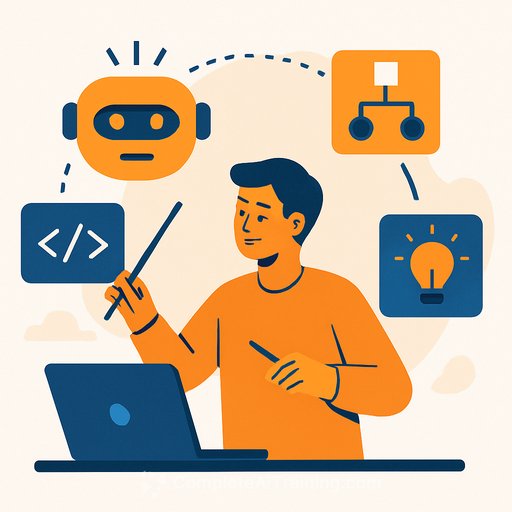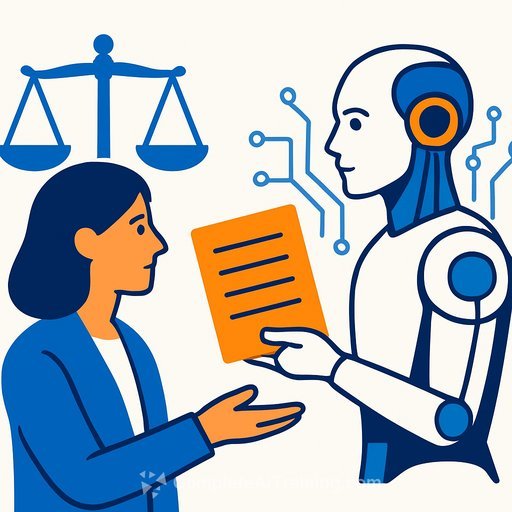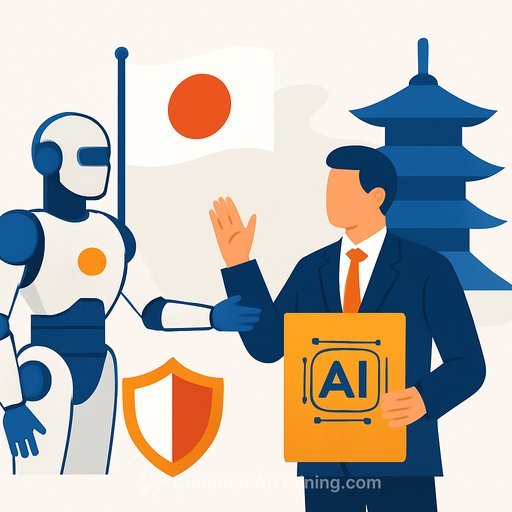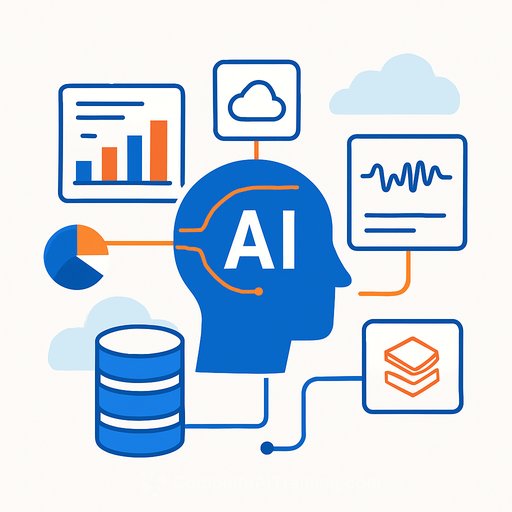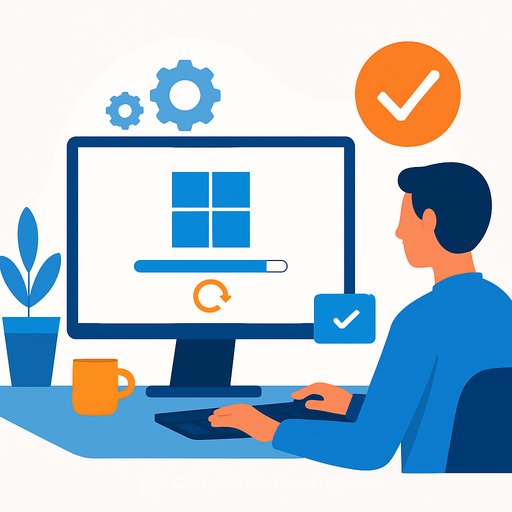The Future of Software Development: Can AI Replace Human Developers?
As artificial intelligence becomes a bigger part of software development, a key question arises: Will AI replace human developers? The straightforward answer is no. However, AI is changing what it means to be a developer by shifting how coding is done and what skills are needed.
AI’s Place in the Developer’s Toolbox
Writing code used to be a task only humans could do, requiring years of training and problem-solving. Today, AI tools like GitHub Copilot are helping developers write code faster and more efficiently. In fact, Copilot can cut coding time by almost half. According to the 2023 Stack Overflow Developer Survey, 83% of developers use AI tools for coding, and 49% rely on them for debugging.
This widespread adoption means AI is no longer just a novelty—it's part of everyday workflows. Developers are completing tasks up to 55% faster with AI assistance. But the real change isn’t just speed; AI is reshaping skills, workflows, and team dynamics.
What AI Can and Cannot Do
AI can generate code from descriptions, suggest improvements, detect bugs, and summarise complex codebases. It reduces errors and speeds up deployment. However, AI lacks deep understanding of system context and can produce insecure or inefficient code, especially in complex projects.
More importantly, AI can’t make judgment calls. It doesn’t understand ethical concerns, user needs, or the reasons behind design choices. AI works by pattern recognition rather than insight.
Developers Are Evolving, Not Being Replaced
Instead of replacing developers, AI is changing their role. Developers are becoming supervisors and collaborators who guide AI tools, focusing on design, strategy, and oversight. This requires new skills beyond writing code, including abstract thinking, ethics, and interdisciplinary teamwork.
Success in this environment means knowing how to prompt and manage AI effectively. The job is shifting from manual coding to orchestrating human-AI collaboration.
What This Means for Education and Leadership
Training the next generation of developers means more than teaching programming languages. Students need to learn how to evaluate AI outputs, embed ethical standards, and lead teams that include AI systems. Organisations will need to update hiring criteria, career paths, and performance reviews to reflect AI's role.
Leaders should focus on AI literacy alongside technical skills. Programs like The Future of Software Engineering Led by Emerging Technologies offer insights into AI’s impact on development. For senior managers, courses such as the Post Graduate Program in Artificial Intelligence for Leaders at the University of Texas at Austin provide strategies for managing AI-powered teams.
Lowering Barriers and Expanding Participation
One of AI’s biggest effects is making software development more accessible. Natural language coding tools and no-code platforms allow non-developers—designers, analysts, entrepreneurs—to contribute to building software.
This isn’t the end of software development but the start of a more inclusive approach. Developers who learn to work with AI and manage its outputs responsibly will redefine how software is created and who can create it.
The future belongs to those who combine human insight with AI support. Software development will be guided by human judgment and creativity, accelerated by machine assistance, and more innovative than before.
Your membership also unlocks:

